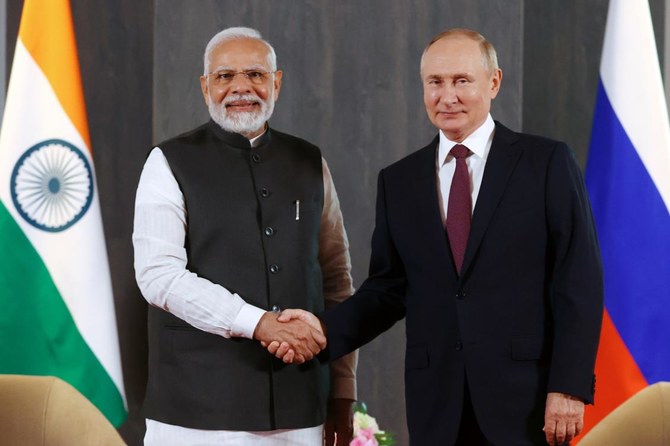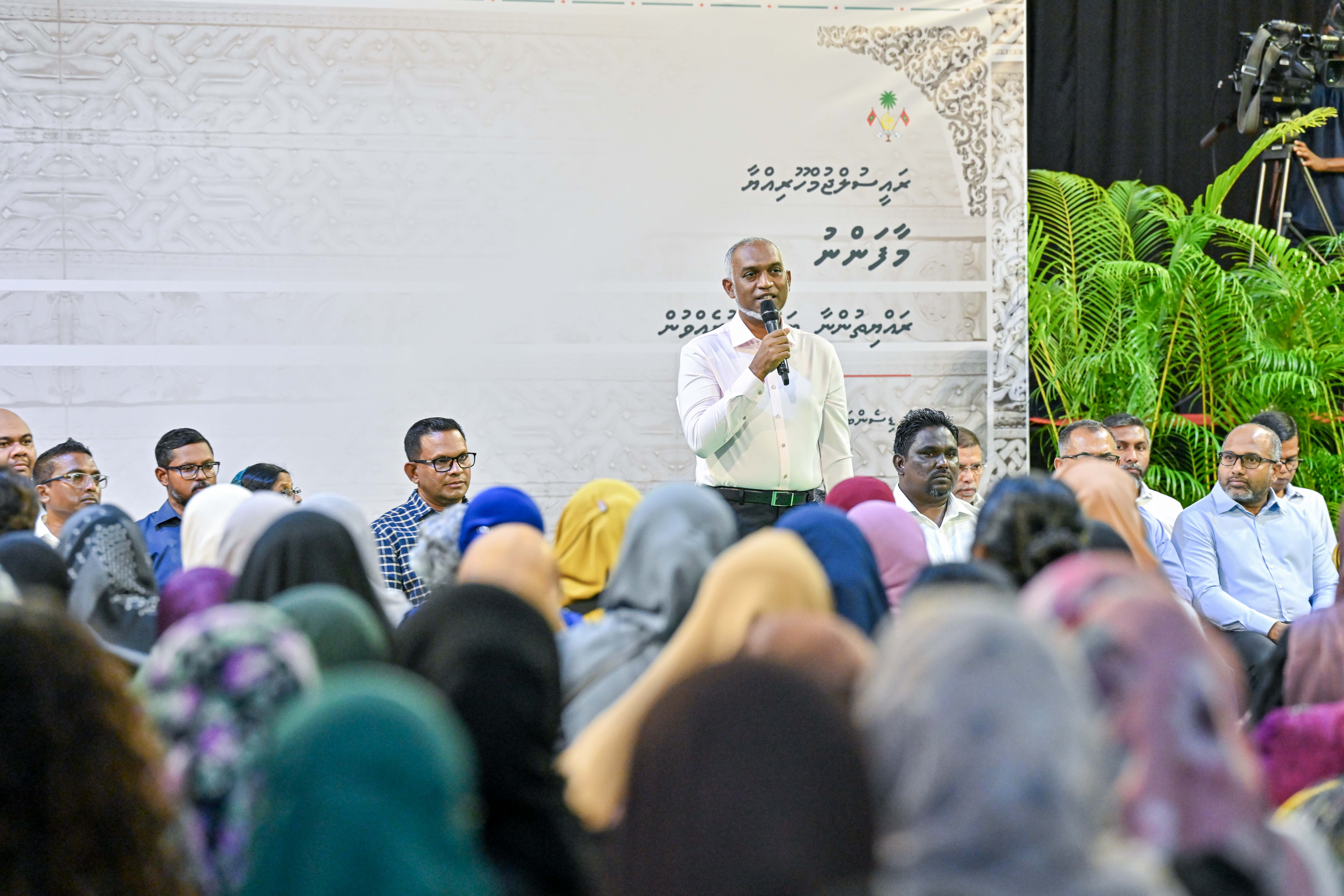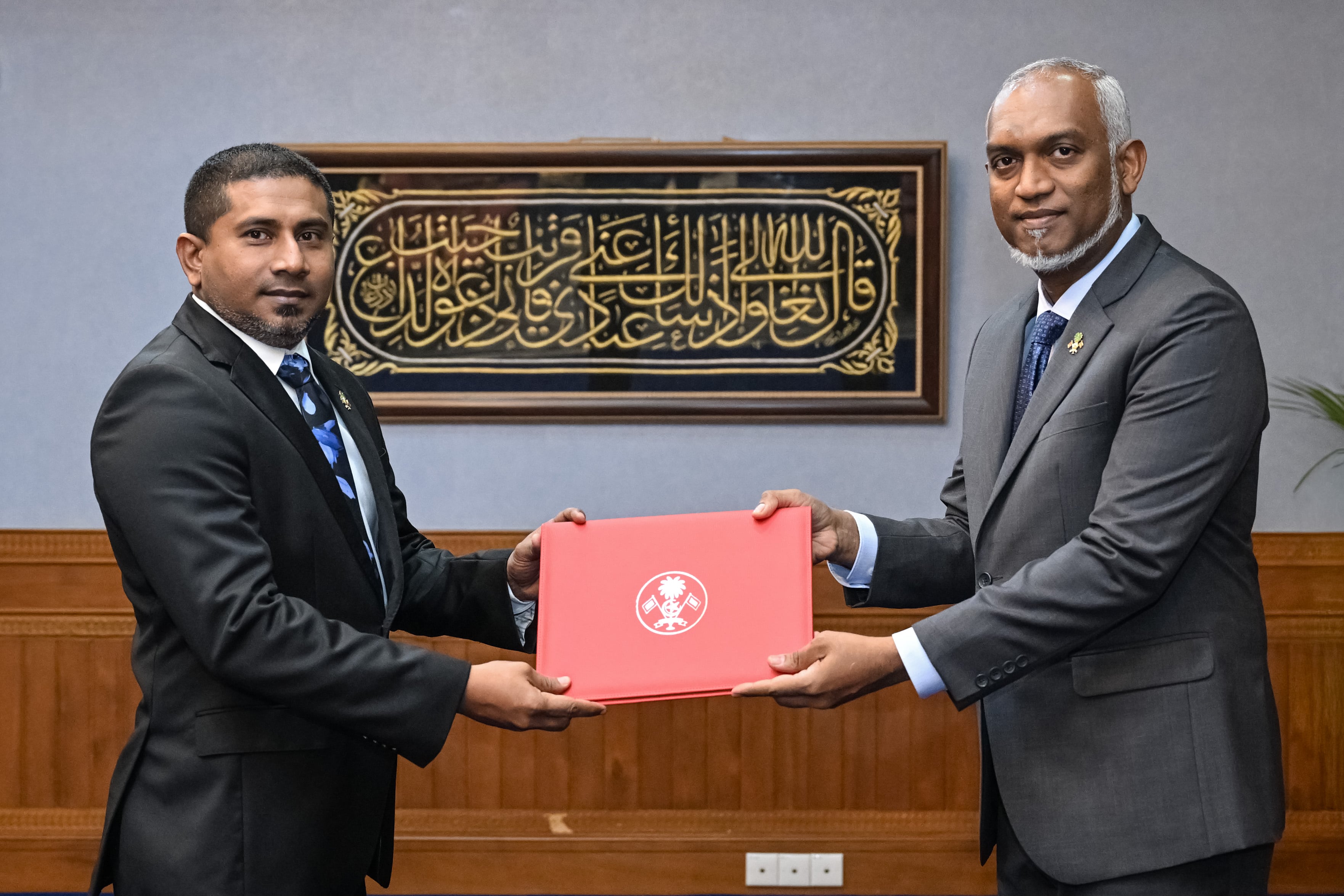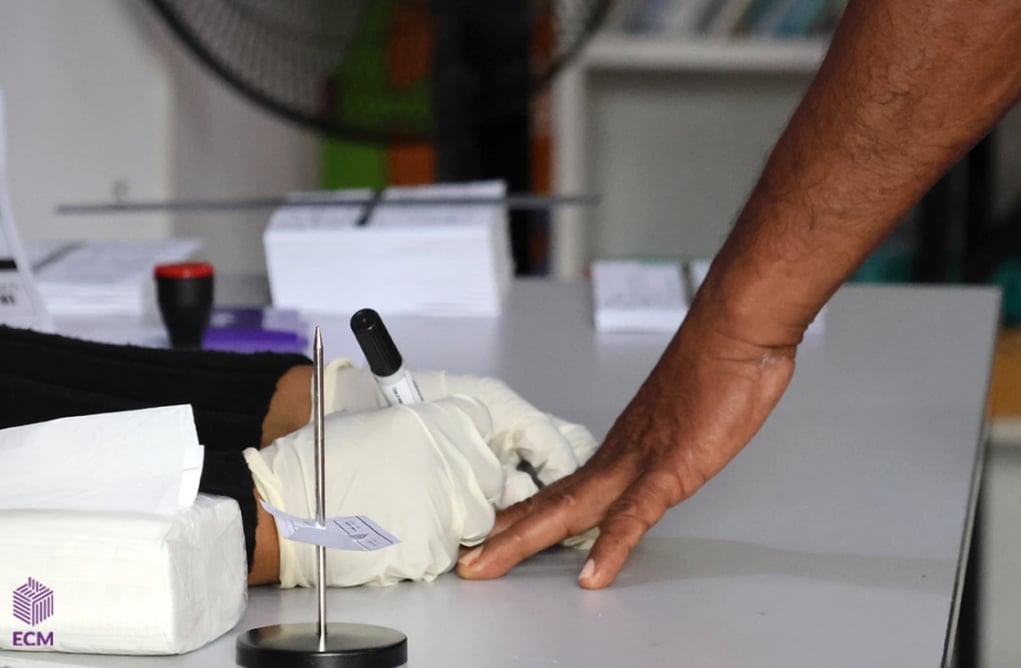Prime Minister Narendra Modi embarked today on a two-day visit to Russia, his first since the onset of Russia's conflict with Ukraine, highlighting the complex dynamics between Moscow, New Delhi, and China.
Modi's agenda includes meetings with President Vladimir Putin in Vladivostok, underscoring efforts to maintain India's historical ties with Russia while navigating regional geopolitics.
India, a longstanding ally of Russia since the Cold War era, has refrained from condemning Moscow's actions in Ukraine, opting instead for a stance emphasizing peaceful resolution. This contrasts with Western sanctions that have isolated Russia economically, prompting Moscow to pivot towards closer ties with China and India, both significant buyers of Russian oil and key partners in defense.
Defense cooperation will be a focal point of Modi's discussions, given that 60% of India's military equipment is of Russian origin. Recent disruptions in supply chains due to the Ukraine conflict have pushed India to diversify its defense procurements, though efforts continue to strengthen military ties through pending agreements such as a logistics deal.
Trade discussions are also pivotal, with bilateral trade between India and Russia reaching nearly $65 billion in the 2023-24 financial year. Both leaders are expected to explore enhancing economic connectivity, including plans for a maritime corridor between Chennai and Vladivostok, aimed at boosting trade relations.
Modi's visit assumes added significance for Putin, amidst efforts to bolster Russia's global standing amid international scrutiny over its actions in Ukraine. Analysts view Modi's trip as an opportunity for Putin to demonstrate geopolitical independence and counter perceptions of Russian isolation on the world stage.
Modi's agenda includes meetings with President Vladimir Putin in Vladivostok, underscoring efforts to maintain India's historical ties with Russia while navigating regional geopolitics.
India, a longstanding ally of Russia since the Cold War era, has refrained from condemning Moscow's actions in Ukraine, opting instead for a stance emphasizing peaceful resolution. This contrasts with Western sanctions that have isolated Russia economically, prompting Moscow to pivot towards closer ties with China and India, both significant buyers of Russian oil and key partners in defense.
Defense cooperation will be a focal point of Modi's discussions, given that 60% of India's military equipment is of Russian origin. Recent disruptions in supply chains due to the Ukraine conflict have pushed India to diversify its defense procurements, though efforts continue to strengthen military ties through pending agreements such as a logistics deal.
Trade discussions are also pivotal, with bilateral trade between India and Russia reaching nearly $65 billion in the 2023-24 financial year. Both leaders are expected to explore enhancing economic connectivity, including plans for a maritime corridor between Chennai and Vladivostok, aimed at boosting trade relations.
Modi's visit assumes added significance for Putin, amidst efforts to bolster Russia's global standing amid international scrutiny over its actions in Ukraine. Analysts view Modi's trip as an opportunity for Putin to demonstrate geopolitical independence and counter perceptions of Russian isolation on the world stage.


















